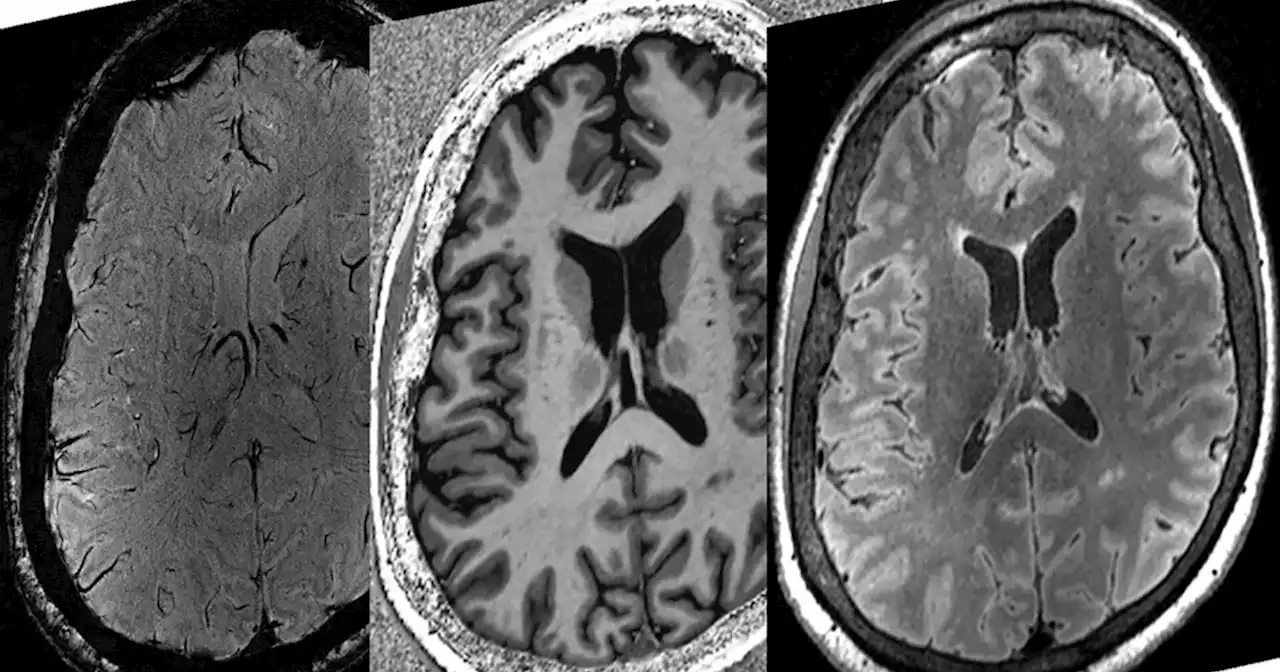Two graduate students from Western University have developed a method for predicting which intensive care unit (ICU) patients will survive a severe brain injury.
, lives can forever be changed by a serious brain injury. When patients are admitted to the ICU, families are faced with tremendous uncertainty. Will my loved one recover? Are they aware of what is going on? Will they ever be the same again? Despite these essential questions, health-care professionals are equally uncertain about the potential of a good recovery.
"For years we've lacked the tools and techniques to know who is going to survive a serious brain injury," said Owen. at King's University College at Western, who was one of the first researchers in the world to measure brain activity in the ICU.in 25 patients at one of London's two ICUs in the first few days after a serious brain injury and tested whether it could predict who would survive and who would not.
The breakthrough occurred when the team realized they could combine this imaging technique with an application of AI known as machine learning. They found they could predict patients who would recover with an accuracy of 80 percent, which is higher than the current standard of care.
United Kingdom Latest News, United Kingdom Headlines
Similar News:You can also read news stories similar to this one that we have collected from other news sources.
 Strathclyde named Scottish University of the Year and hailed as 'outstanding'The University of Strathclyde came out on top of the inaugural Daily Mail University Guide and Daily Mail University Awards with the judges describing it as 'outstanding'.
Strathclyde named Scottish University of the Year and hailed as 'outstanding'The University of Strathclyde came out on top of the inaugural Daily Mail University Guide and Daily Mail University Awards with the judges describing it as 'outstanding'.
Read more »
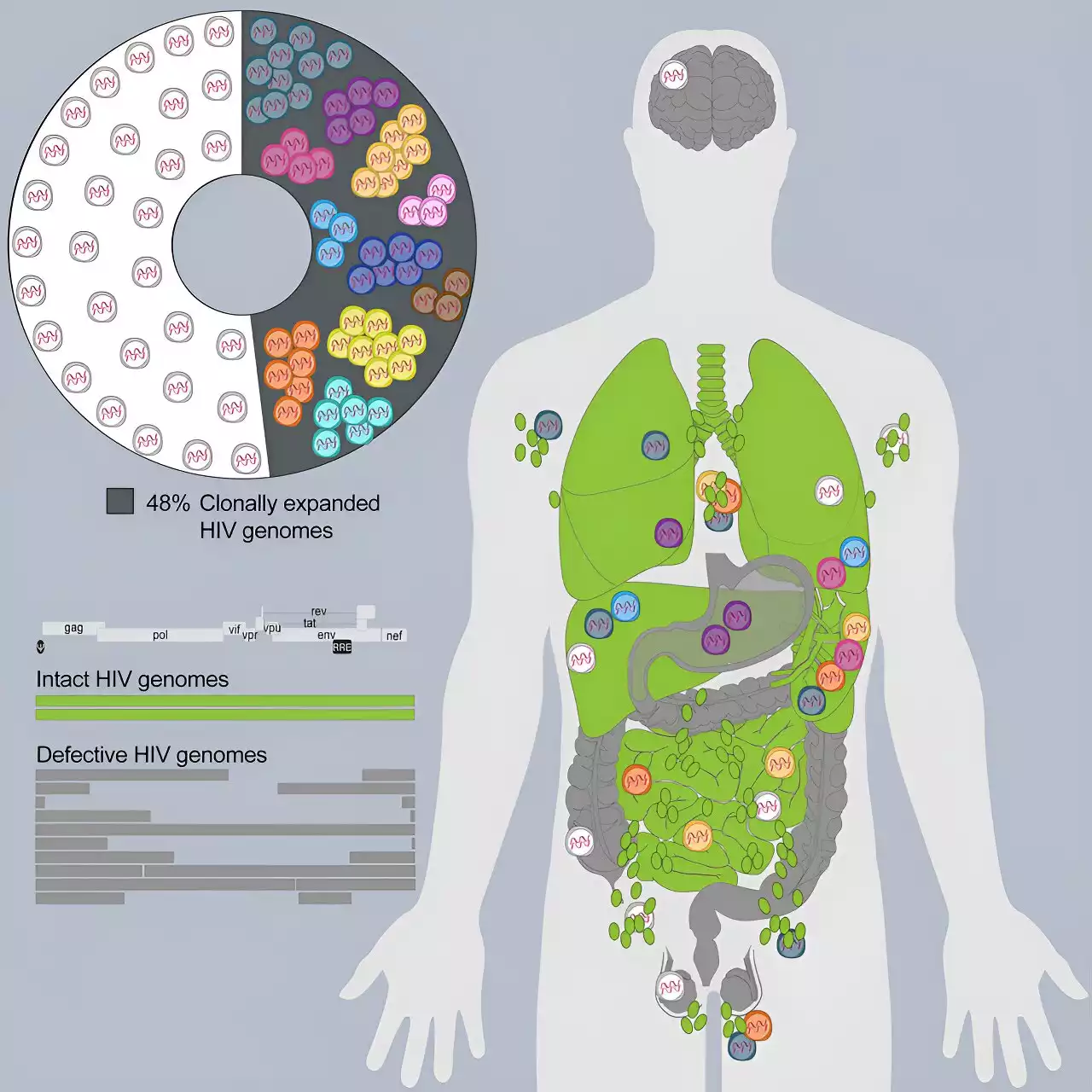 Researchers find genetically intact HIV virus prefers to 'hide' in organs of the immune systemA small number of HIV-infected cells remain in the tissues of people living with the virus and who are undergoing antiretroviral therapy. These viral reservoirs, real obstacles to the cure of HIV, have long been known to exist.
Researchers find genetically intact HIV virus prefers to 'hide' in organs of the immune systemA small number of HIV-infected cells remain in the tissues of people living with the virus and who are undergoing antiretroviral therapy. These viral reservoirs, real obstacles to the cure of HIV, have long been known to exist.
Read more »
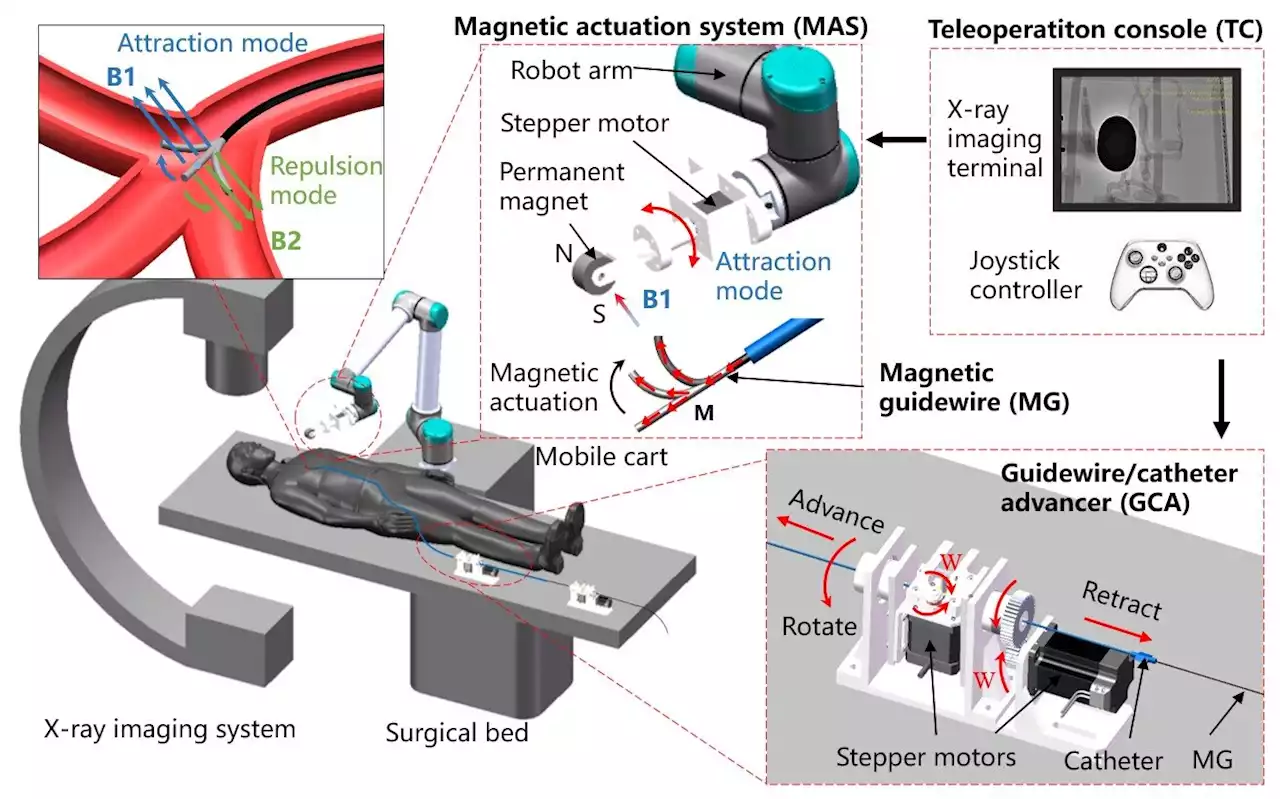 Researchers develop magnetically controlled guidewire robot system for vascular interventional surgeryA research group led by Prof. Xu Tiantian from the Shenzhen Institute of Advanced Technology (SIAT) of the Chinese Academy of Sciences and their collaborators have proposed a magnetically controlled guidewire robot system (MCGRS) with magnetically active steering and autonomous propulsion capabilities.
Researchers develop magnetically controlled guidewire robot system for vascular interventional surgeryA research group led by Prof. Xu Tiantian from the Shenzhen Institute of Advanced Technology (SIAT) of the Chinese Academy of Sciences and their collaborators have proposed a magnetically controlled guidewire robot system (MCGRS) with magnetically active steering and autonomous propulsion capabilities.
Read more »
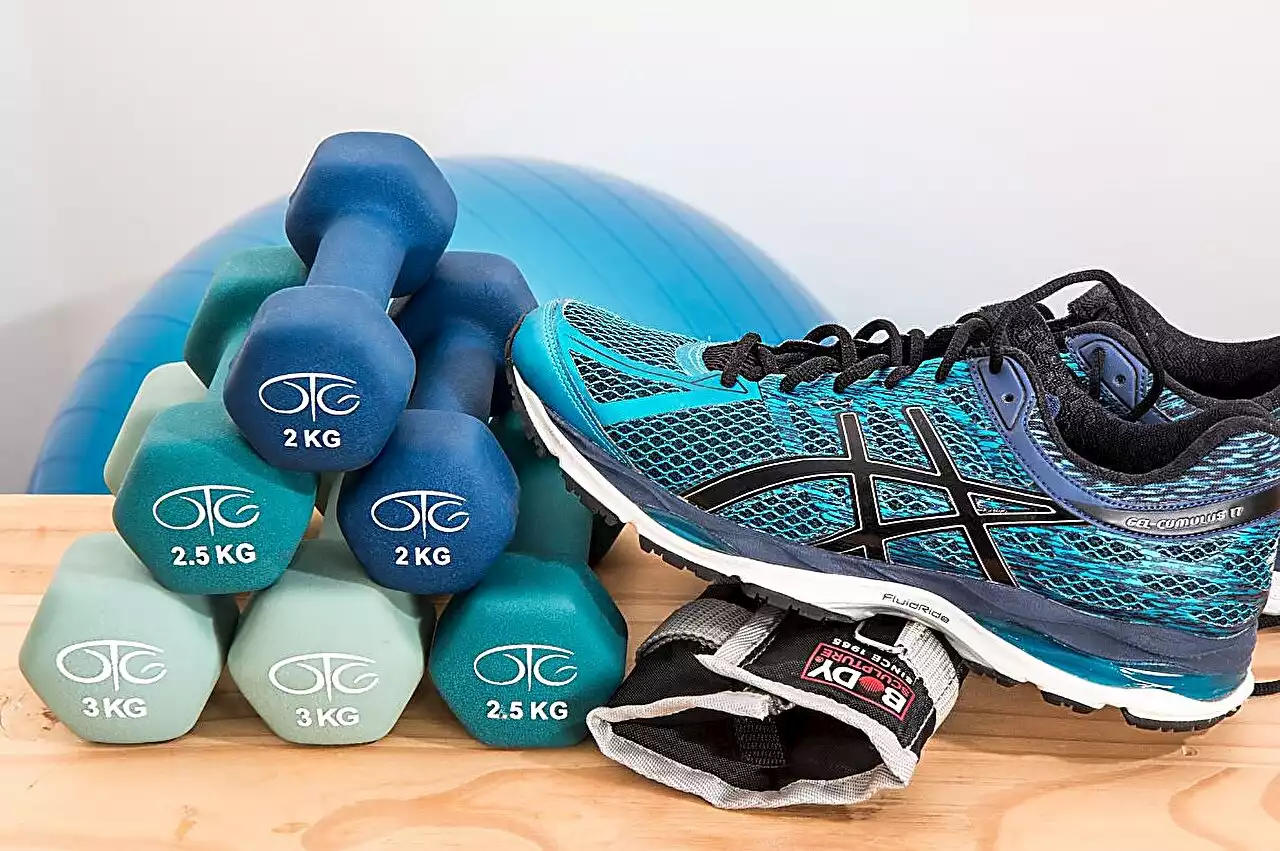 Gym workouts and other exercise can be tailored to four women's body types, researchers sayHitting the gym or running track seems straight forward for some—but what are the barriers many women face in partaking in regular exercise, particularly after childbirth or older?
Gym workouts and other exercise can be tailored to four women's body types, researchers sayHitting the gym or running track seems straight forward for some—but what are the barriers many women face in partaking in regular exercise, particularly after childbirth or older?
Read more »
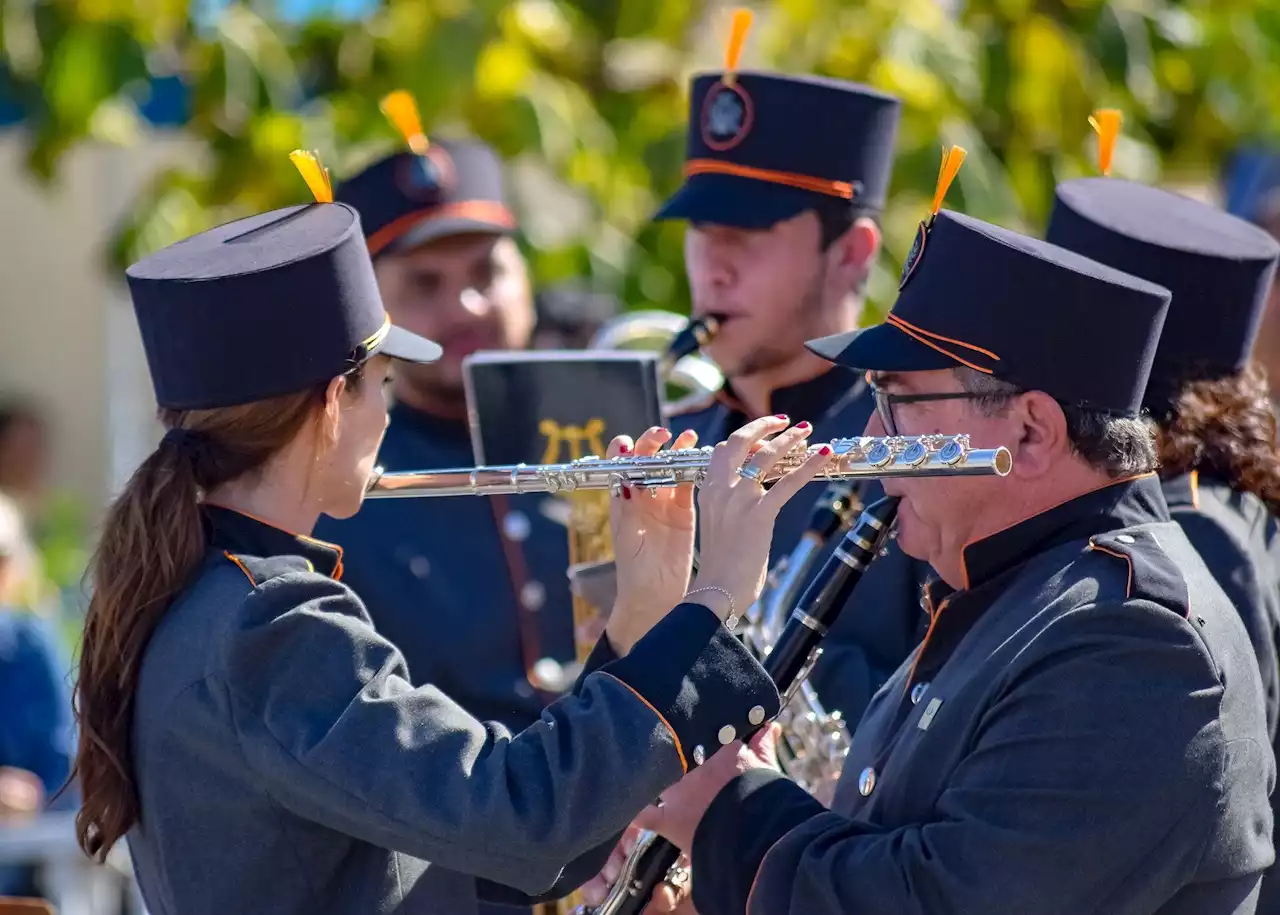 Researchers report on interpersonal synchronization in music performanceMusic is a collective experience that binds people together. From orchestral play to audiences handclapping, synchronization lays the foundation for all musical interactions. But what explains our ability to get in sync with someone or act in lock step with a group?
Researchers report on interpersonal synchronization in music performanceMusic is a collective experience that binds people together. From orchestral play to audiences handclapping, synchronization lays the foundation for all musical interactions. But what explains our ability to get in sync with someone or act in lock step with a group?
Read more »
 Researchers introduce technology for producing biomimetic implants with specified permeabilityResearchers from Skoltech, National University of Science and Technology MISIS, and Saint Petersburg State Marine Technical University have shared results of their new study exploring the permeability of biomimetic implants. The paper is published in the International Journal of Bioprinting.
Researchers introduce technology for producing biomimetic implants with specified permeabilityResearchers from Skoltech, National University of Science and Technology MISIS, and Saint Petersburg State Marine Technical University have shared results of their new study exploring the permeability of biomimetic implants. The paper is published in the International Journal of Bioprinting.
Read more »
